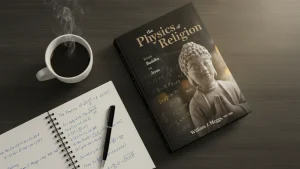
A Science And Religion Book Designed For The Skeptical And Analytical Mind
A Science And Religion Book For The Skeptical Mind For the skeptical mind, finding a science and religion book that feels intellectually honest can be
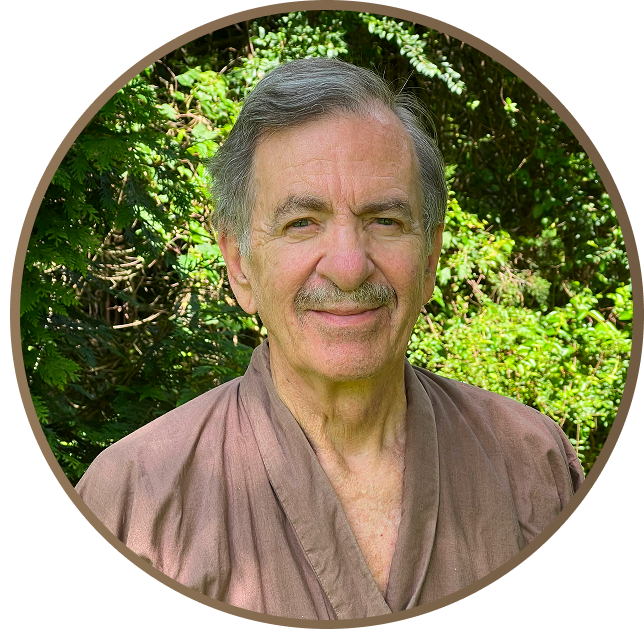
Dr. William Joel Meggs grew up as a devout Southern Baptist in the 1950’s South. He studied theoretical physics and became a scientific atheist until becoming a Zen student of Roshi Philip Kapleau. He attended the University of Miami’s MD program for PhD scientists and did further training in internal medicine, clinical immunology, and medical toxicology. Prior publishing credits include The Inflammation Cure, a wellness book for the general public published by McGraw-Hill, and Toxicant Induction of Irritant Asthma and Rhinitis, published by Springer. The Physics of Religion from Buddha to Jesus provides the definitive unification of science and religion by a deeply religious physician-scientist. He lives in Coastal Carolina with his wife, the fine artist Susan Martin Meggs (https://www.martinmeggsfinearts.com).





The premise of this book is that our brains are quantum systems subject to the uncertainty principle of quantum physics. Buddha and other mystics—including Jesus—discovered what Niels Bohr and the Quantum Physicists discovered centuries later. What Buddha described as enlightenment, the quantum physicists described a phenomena embodied in the uncertainty principle. Through meditation, Buddha discovered that the human brain can experience the world in two ways. The world of ordinary existence is a world of objects moving in space-time. The experience of enlightenment is beyond space and time. Buddhism and other mystic traditions teach that one cannot simultaneously have a complete experience of reality in the two ways at once. Similarly, as physicists precisely localize reality in space-time, the experience of momentum-energy is lost. Enlightenment and quantum uncertainty are manifestations of the same property of nature.
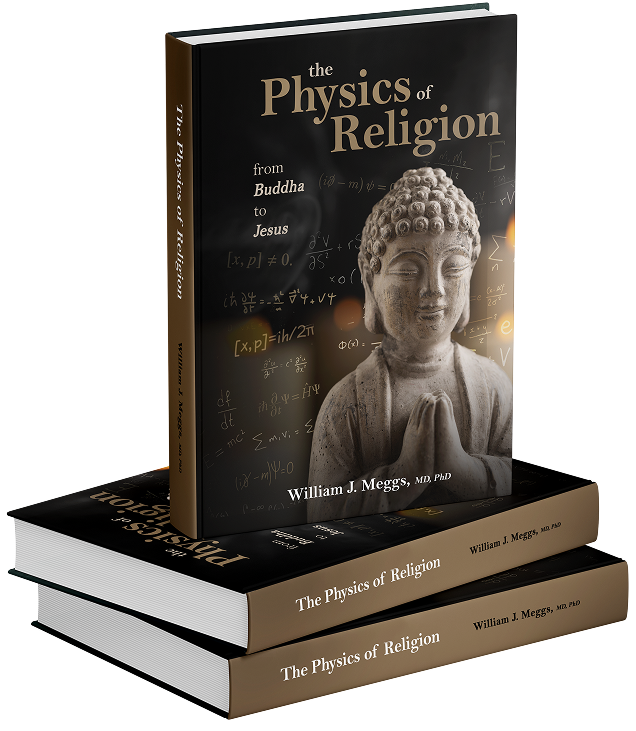
As someone who’s always been into both physics and Eastern philosophy, this book hit the sweet spot. It makes you think beyond the surface—about consciousness, time, and the universe itself. Absolutely worth reading.

This book took complex ideas and made them feel personal. The connection between quantum uncertainty and enlightenment really made sense the way it was explained. I’ve already recommended it to a few friends.

It’s rare to find a book that challenges your worldview in such a smart and respectful way. If you’re into quantum theory or spiritual exploration, this is a must-read.

A Science And Religion Book For The Skeptical Mind For the skeptical mind, finding a science and religion book that feels intellectually honest can be
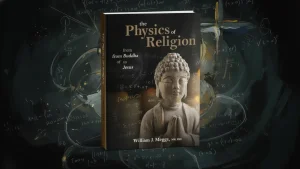
For centuries, the paths of spirituality and science have seemed to diverge. One looks inward through meditation and insight; the other looks outward through experiment
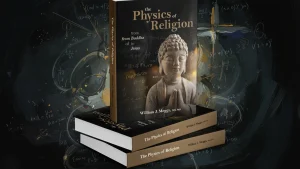
Finding the definitive quantum physics book to illuminate the strange, subatomic world can feel like searching for a single particle in a quantum superposition it
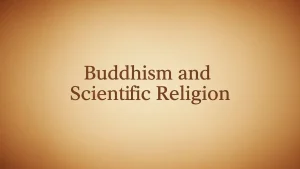
In a world often divided between spirituality and empirical inquiry, the dialogue between Buddhism and science offers a compelling bridge — one that examines reality
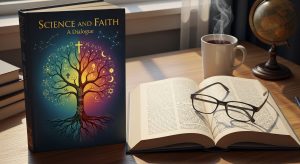
For centuries, people have debated whether science and faith can truly coexist. Can logic and spirituality share the same space, or are they forever divided?
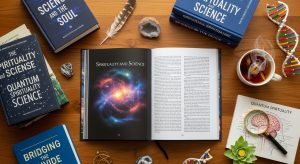
Can science really explain what we call the “soul”? That’s the fascinating question Dr. William Joel Meggs, a physician-scientist-author, has spent his career exploring. Through